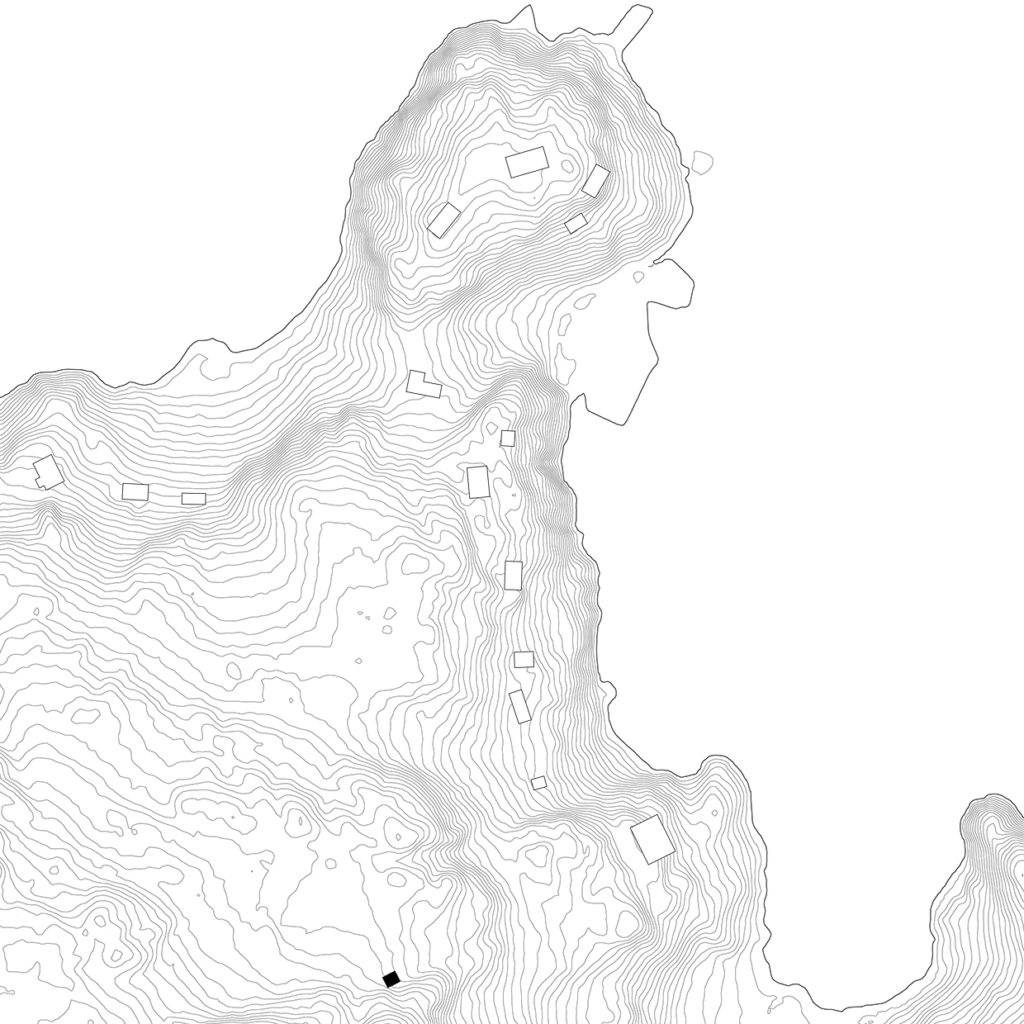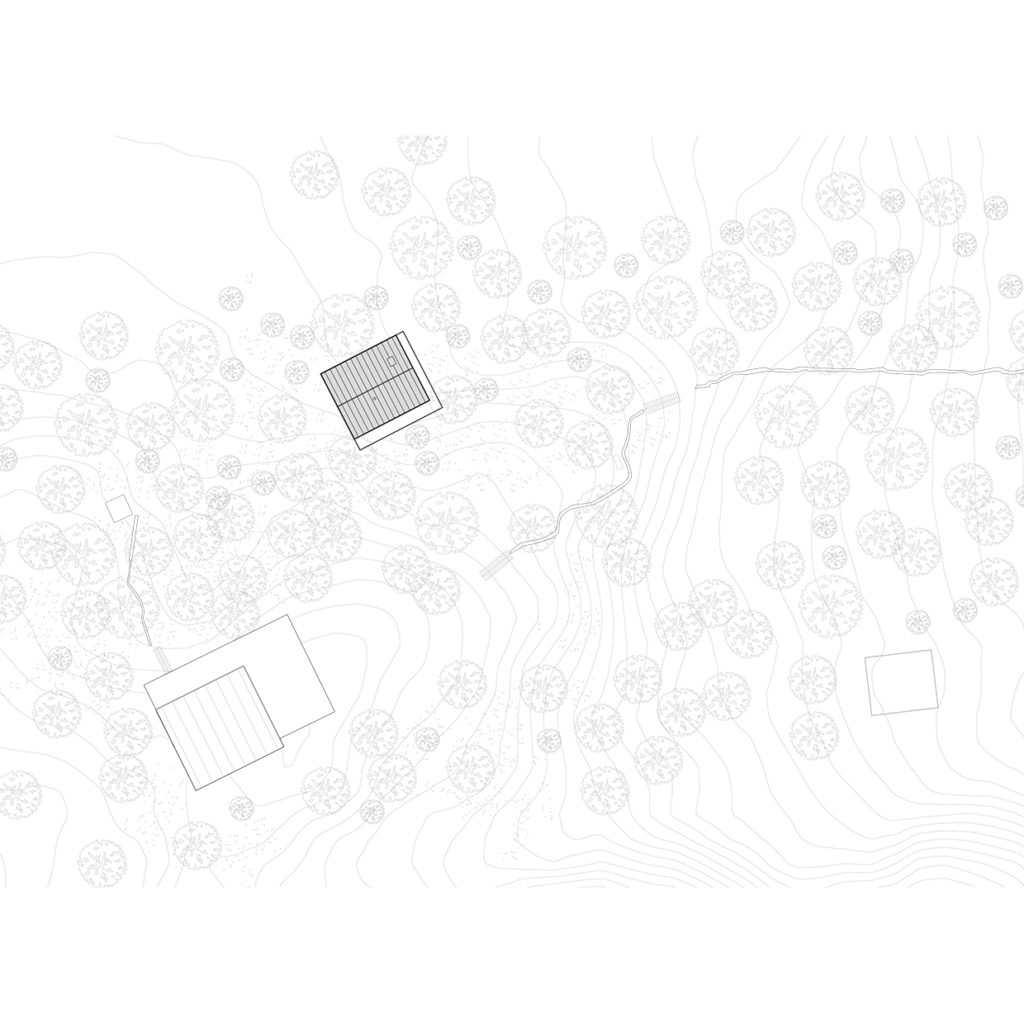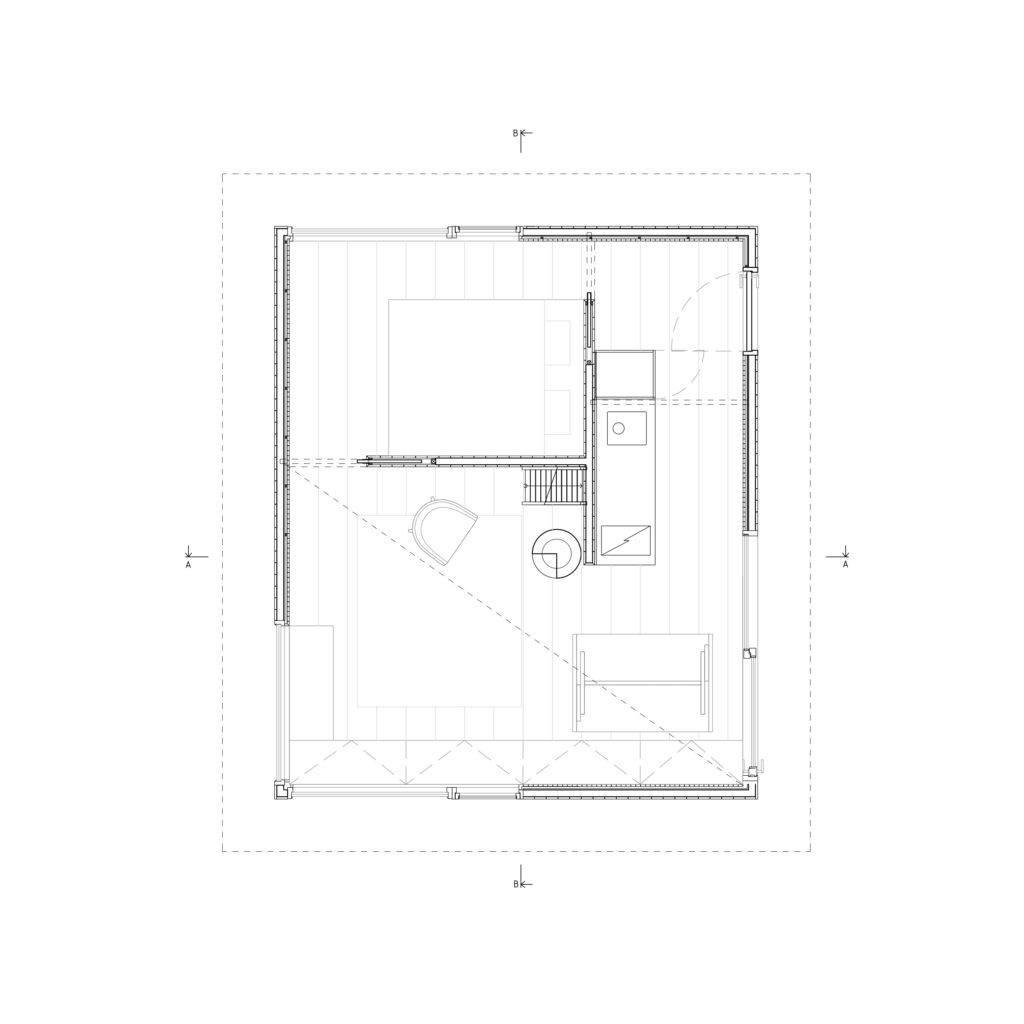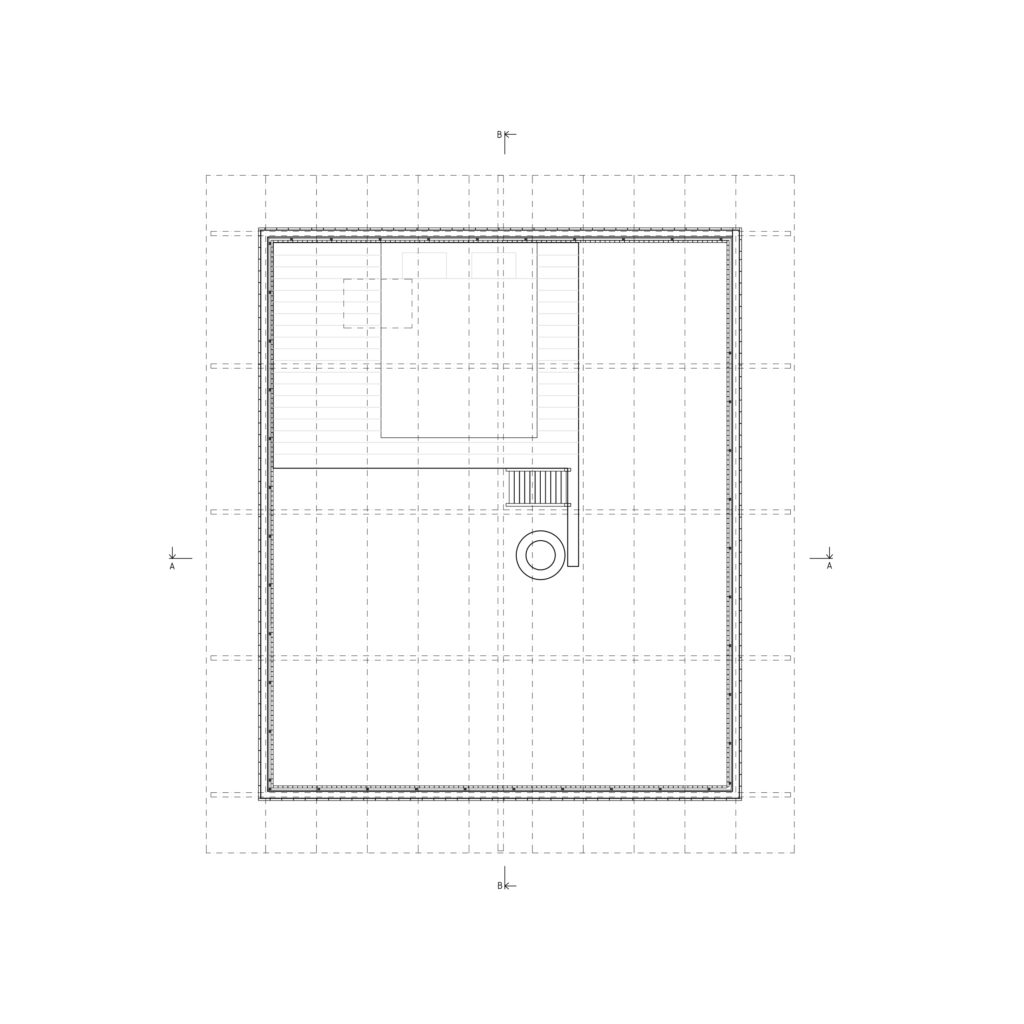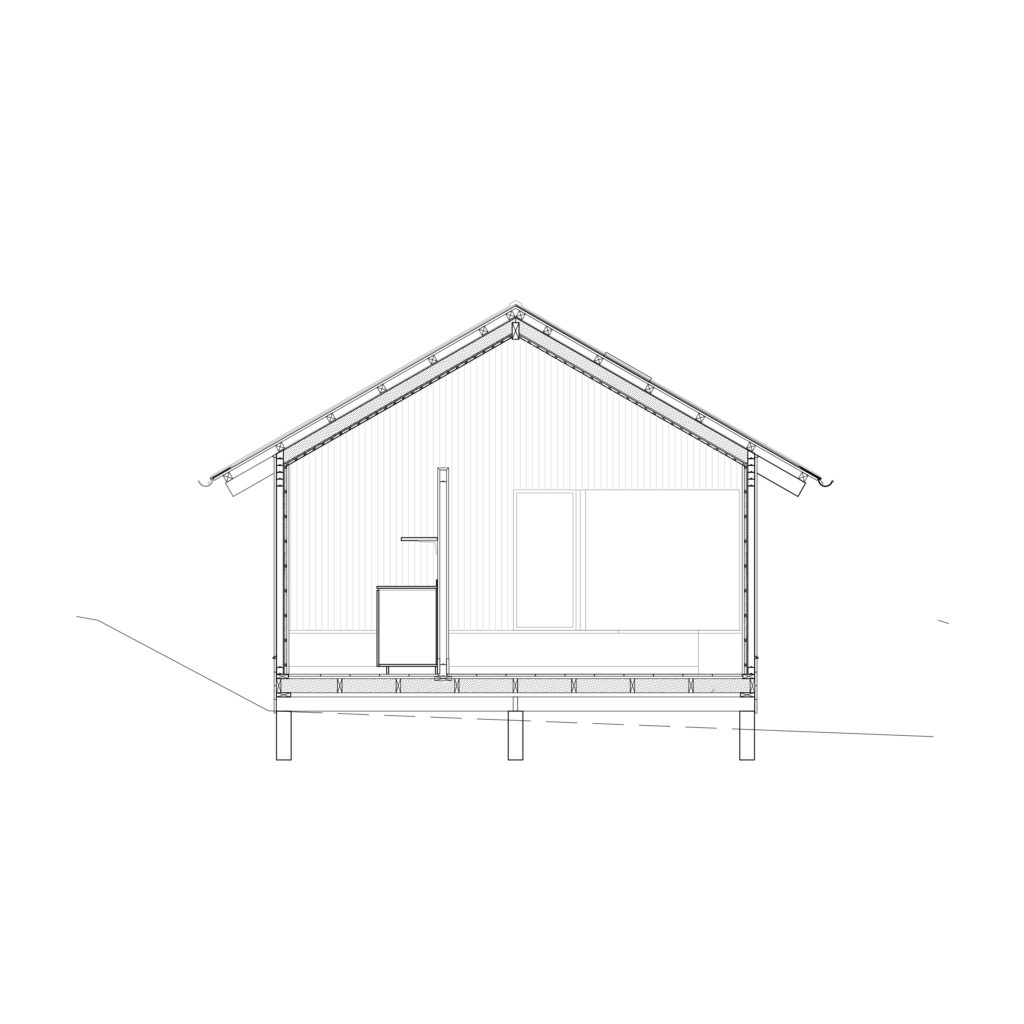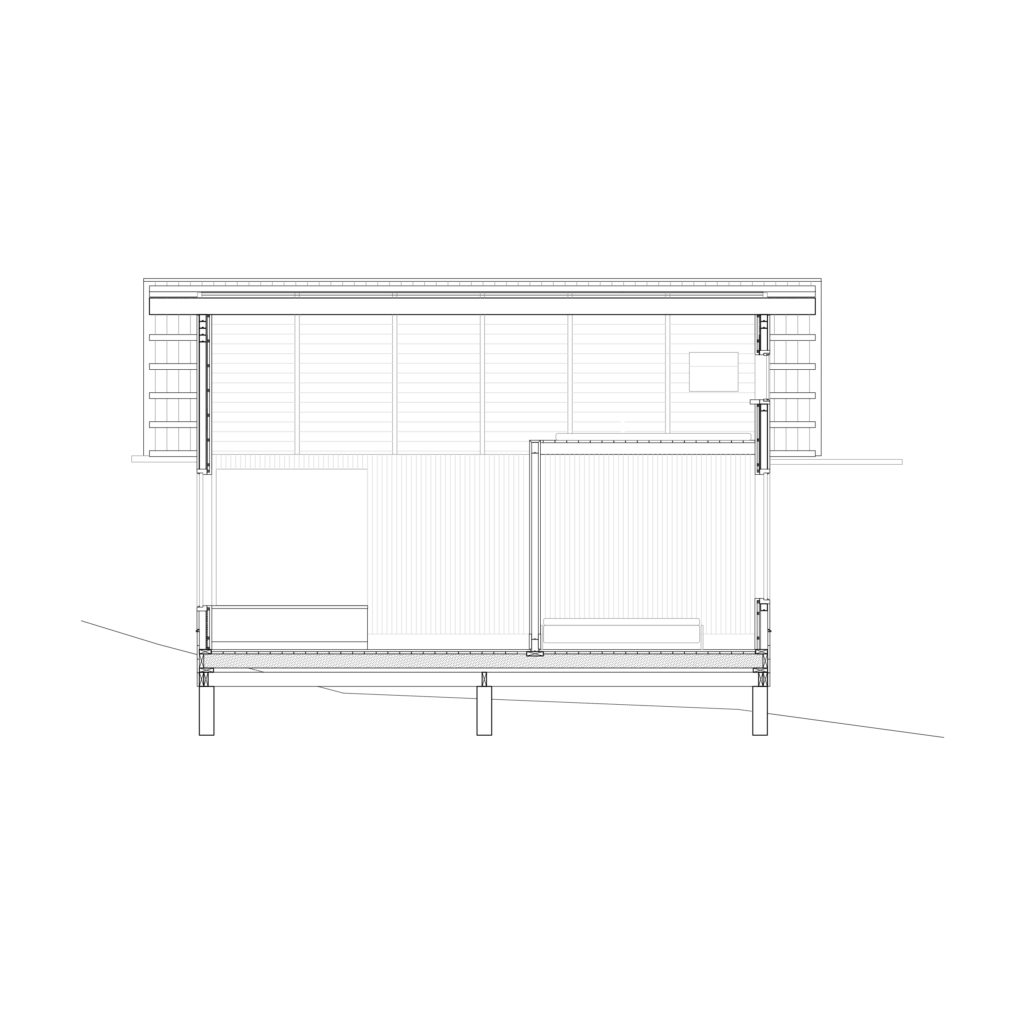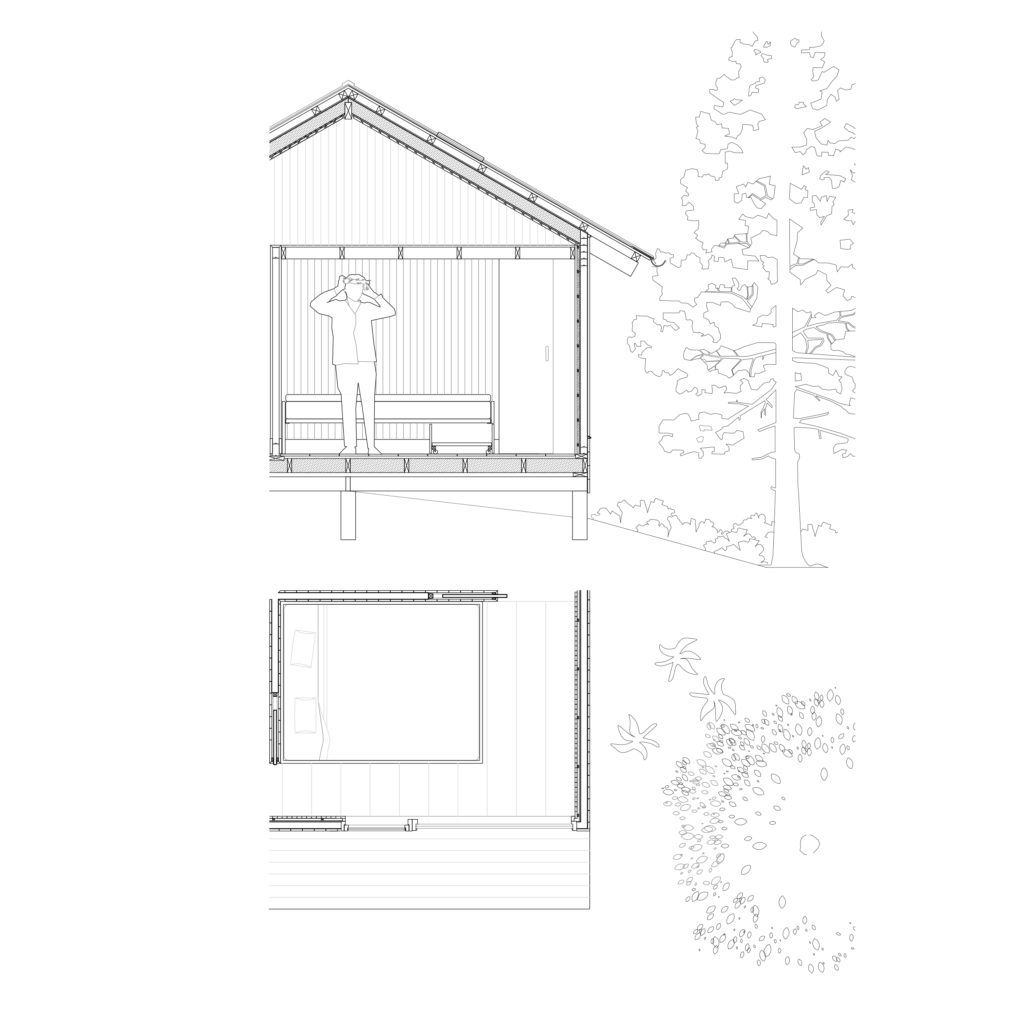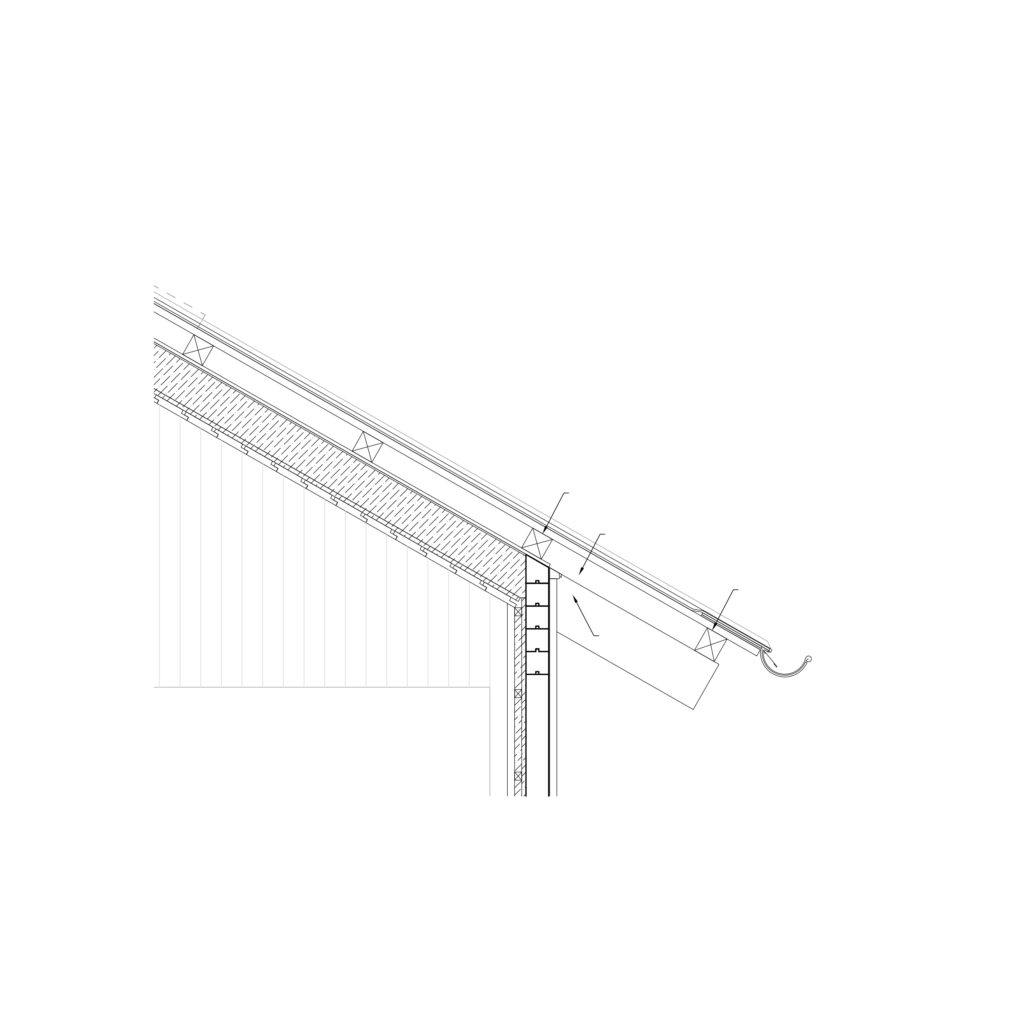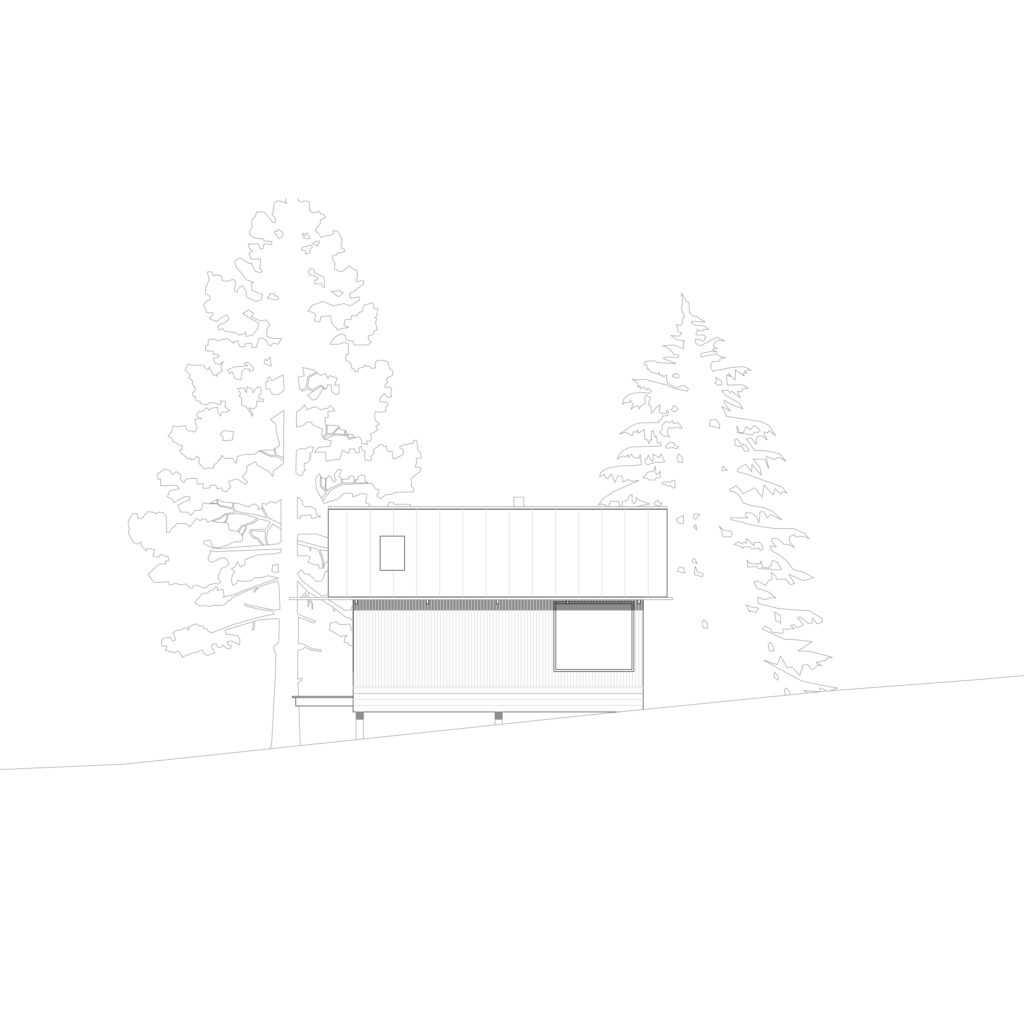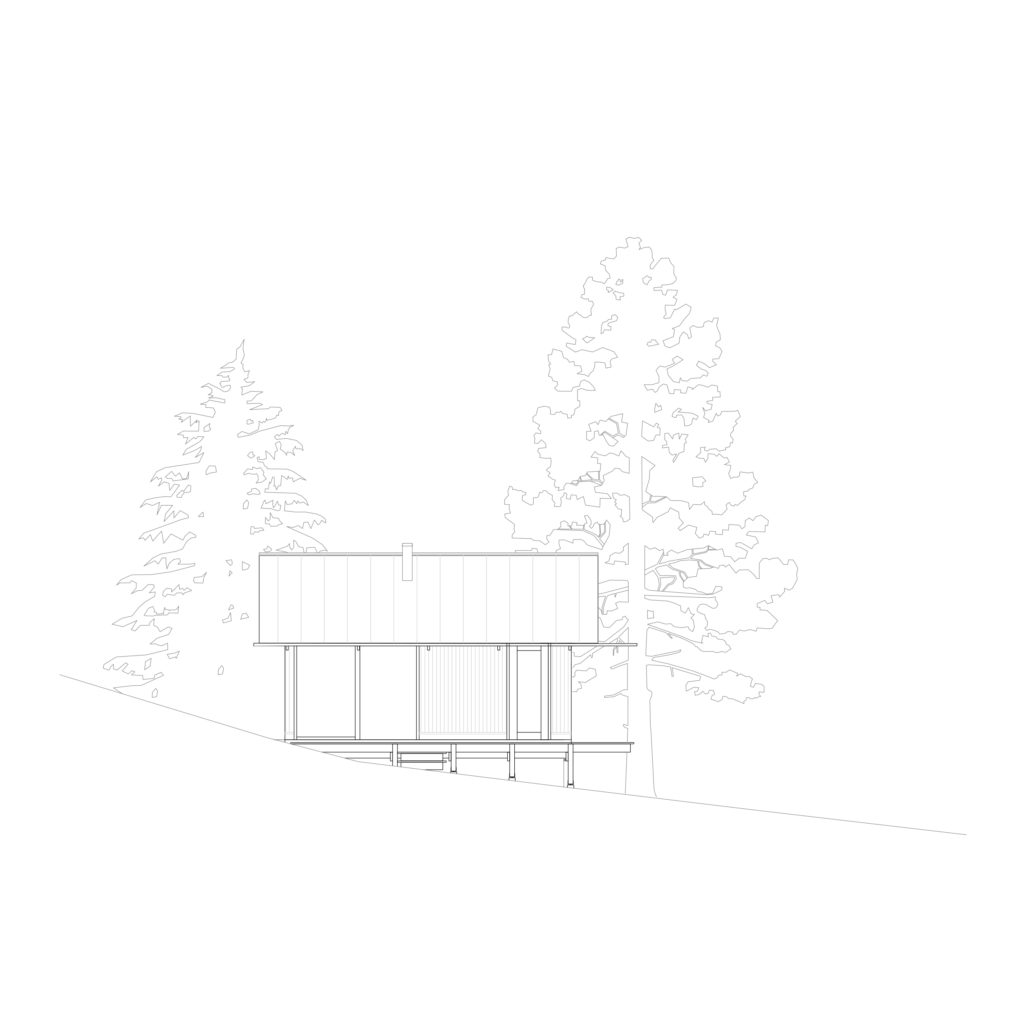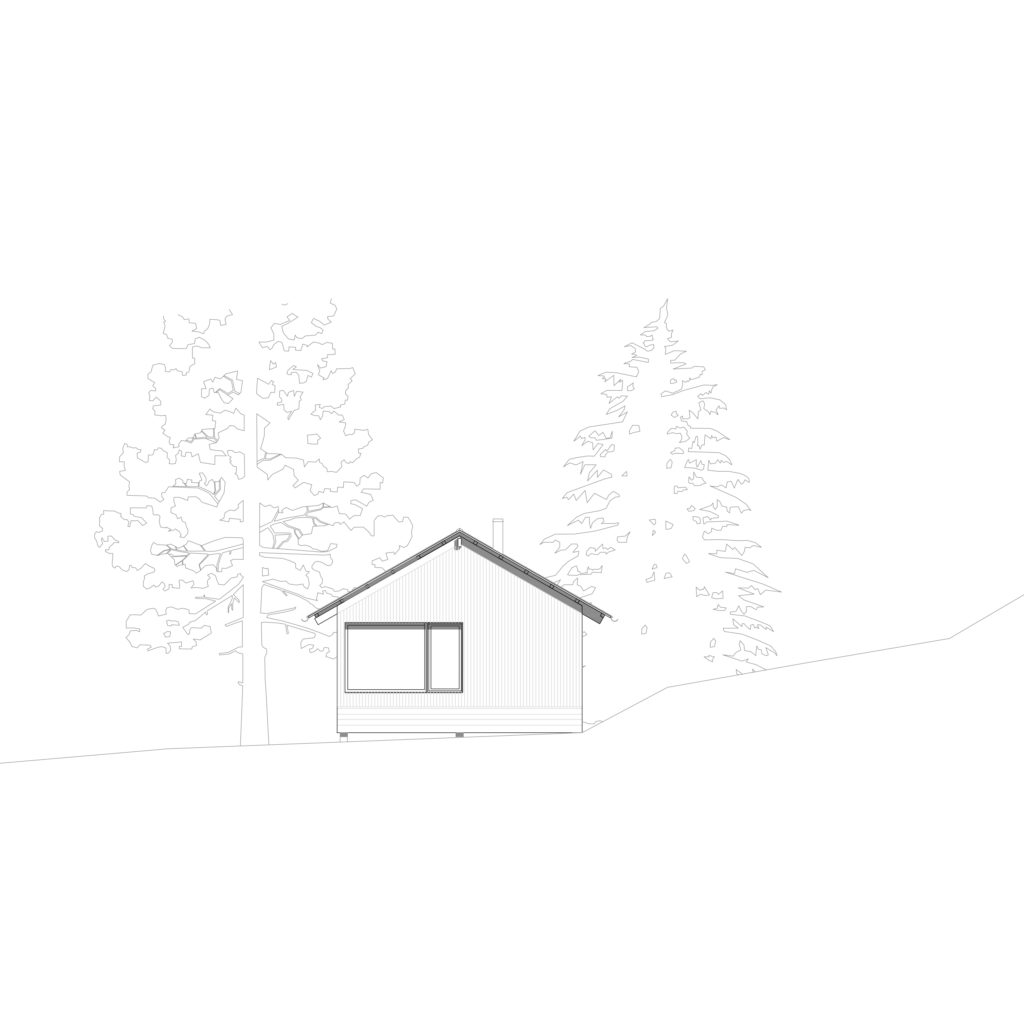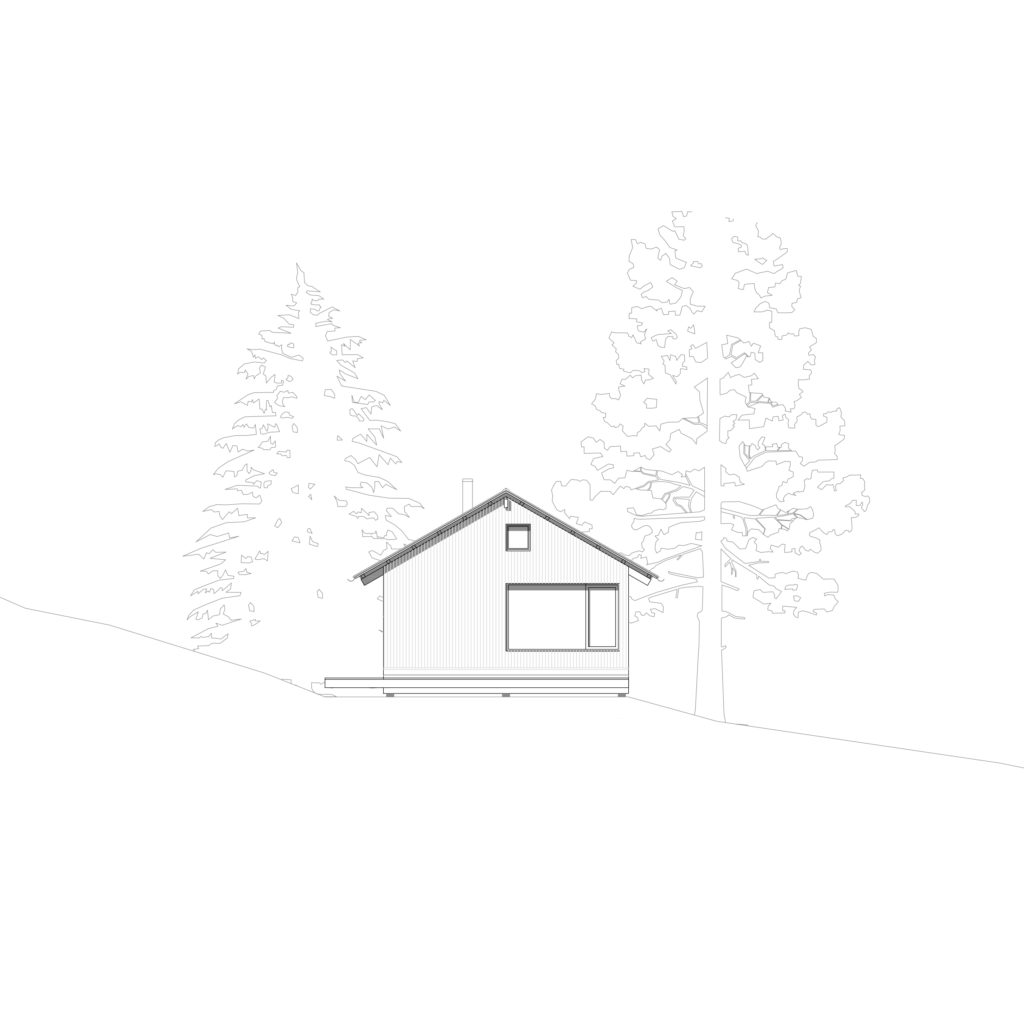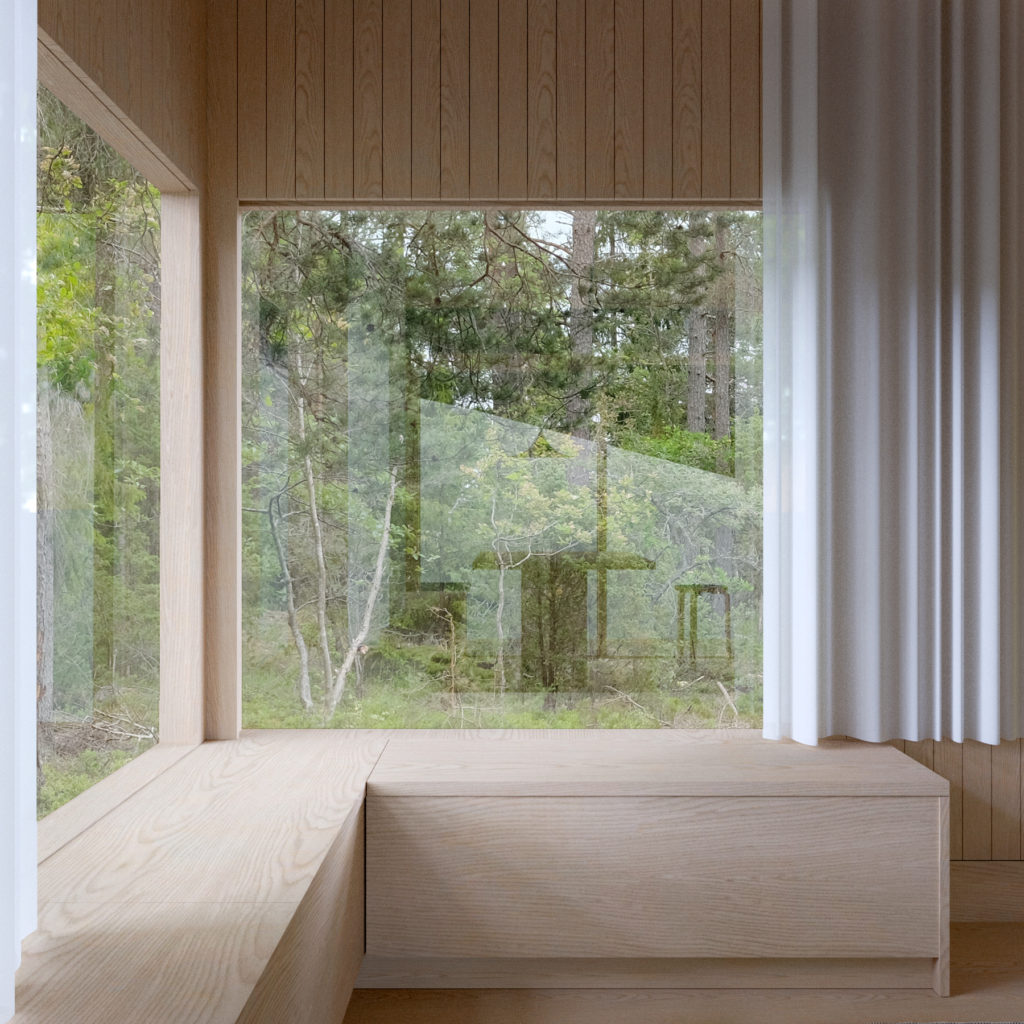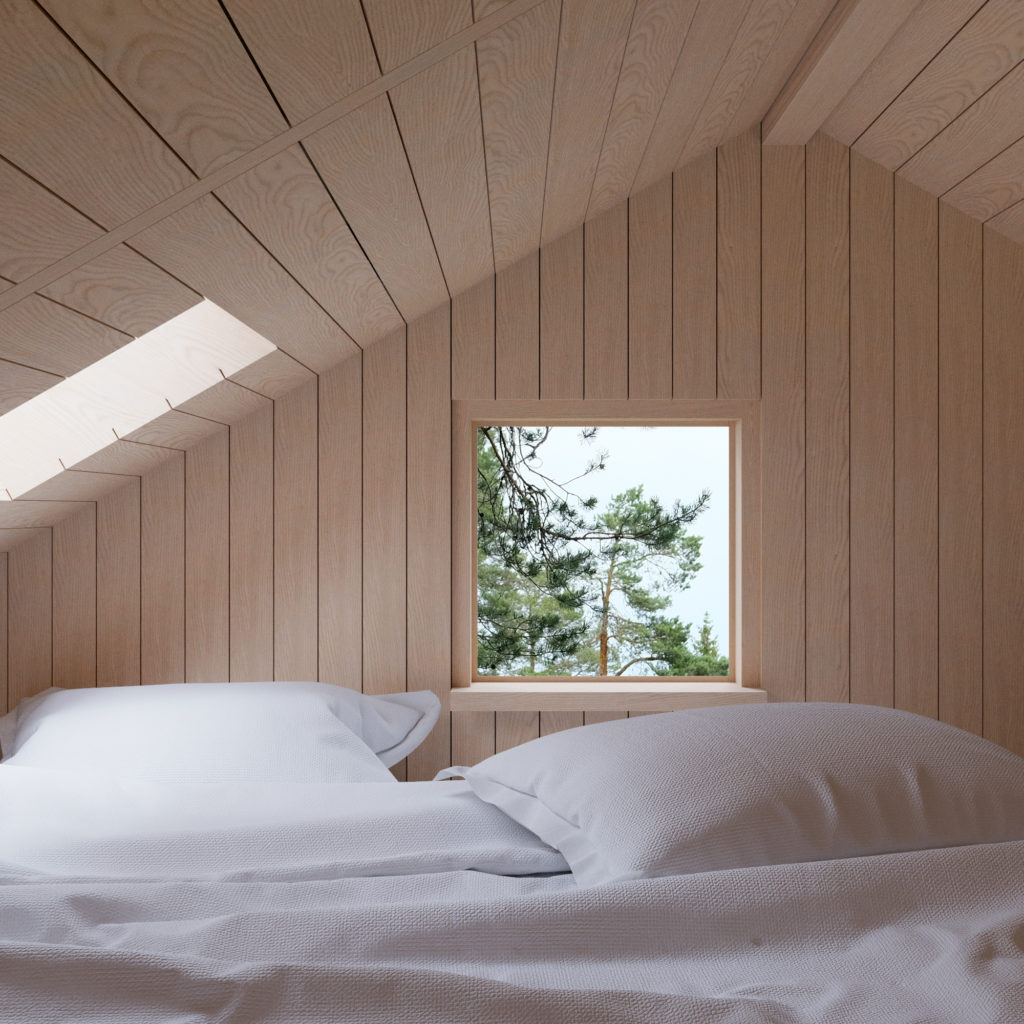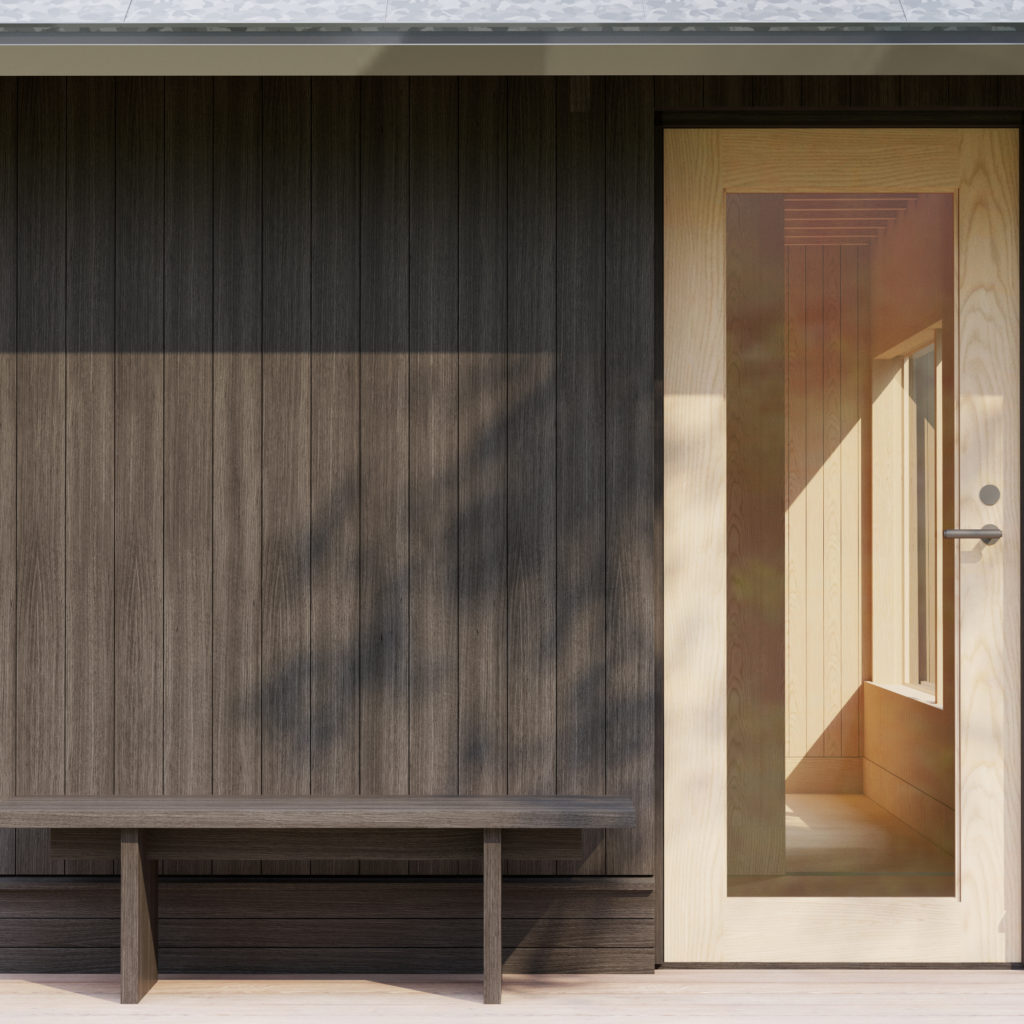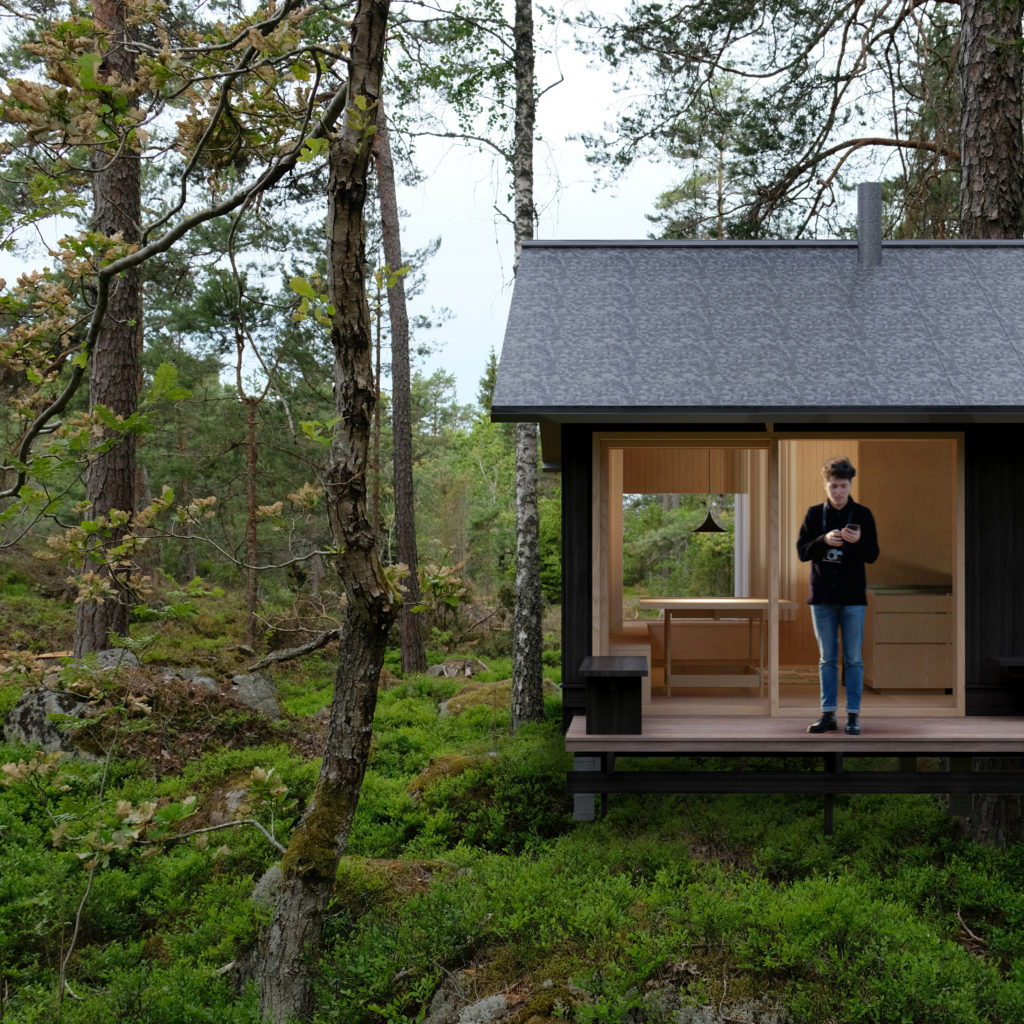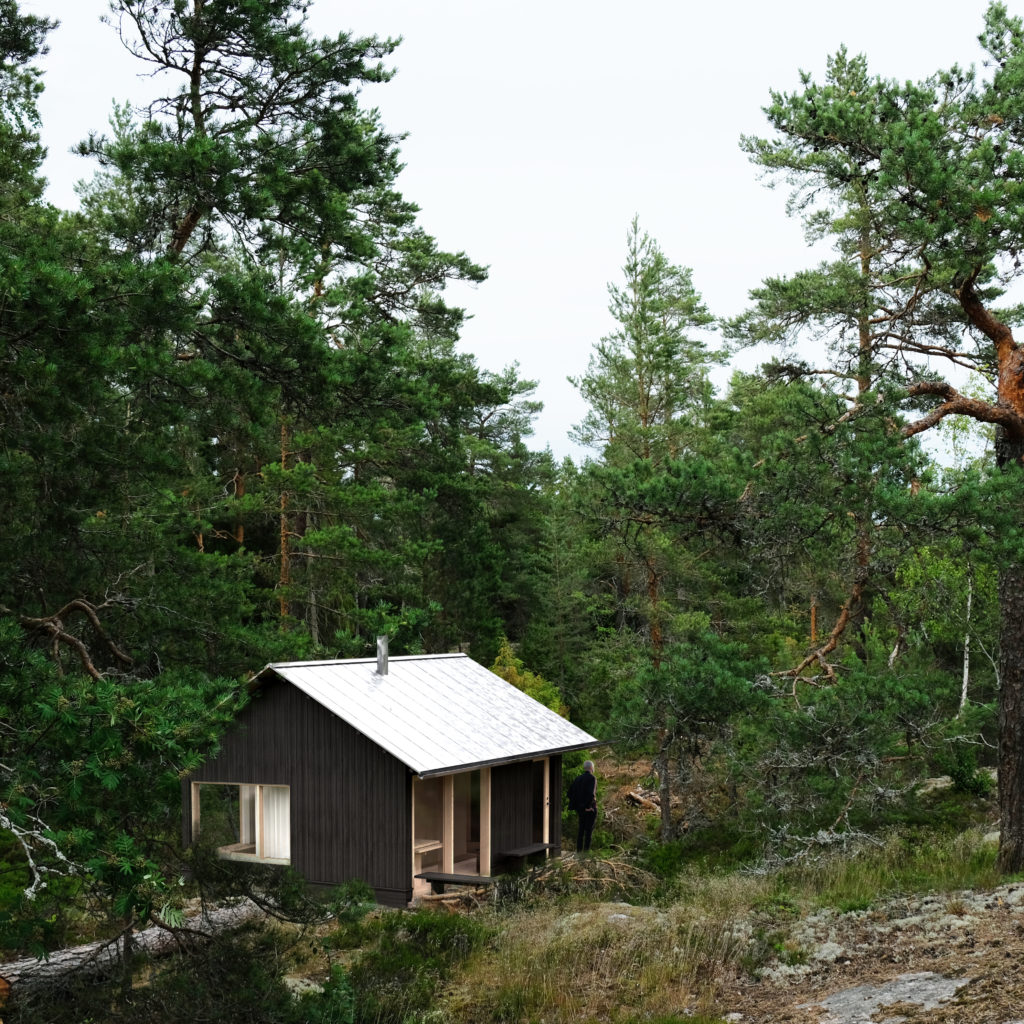Settings. Wonderful spaces by the sea
The summer house contains a history deeply rooted in the Swedish tradition. Throughout the past century it has been a low-cost housing option for temporary use, a picture of freedom and leisure, an expression of social position, a getaway and a link to nature. The current debate on urbanisation often focuses on the human in the city, but the life in cities has created a demand for the urban resident to keep a connection to nature. There is a longing for an escape, for a place to experience the landscape. The summer house is a symbol of this need.
By taking off in a tradition portrayed by a few Nordic artists on one hand, and the Welfare state on the other, this thesis aims to examine what makes summer houses so convivial. The thesis question is explored by looking at architectural references from the Nordic context and Nordic classical art. Can we find a contemporary version of the summer house which relates to the long history of temporary leisure homes? Can we build without endangering the landscape we want to be near? What qualities and aspects are of utter importance to keep if we want to preserve that tradition? The project relates to the discourse of an increasingly urbanised population and its consequences, discussing ways for the urban resident to house her leisure time.
The aim of this thesis is to discuss the importance of Nordic tradition, heritage and landscape in the design of a project. The project is manifested through a functional building that relates to its architectural predecessor as well as the landscape and cultural heritage; by exploring the roots to and contemporary meaning of that tradition. The research has resulted in an understanding of the site, program and context, which in turn is developed in the design proposal. The project is presented in architectural drawings, physical models and perspective renderings.
